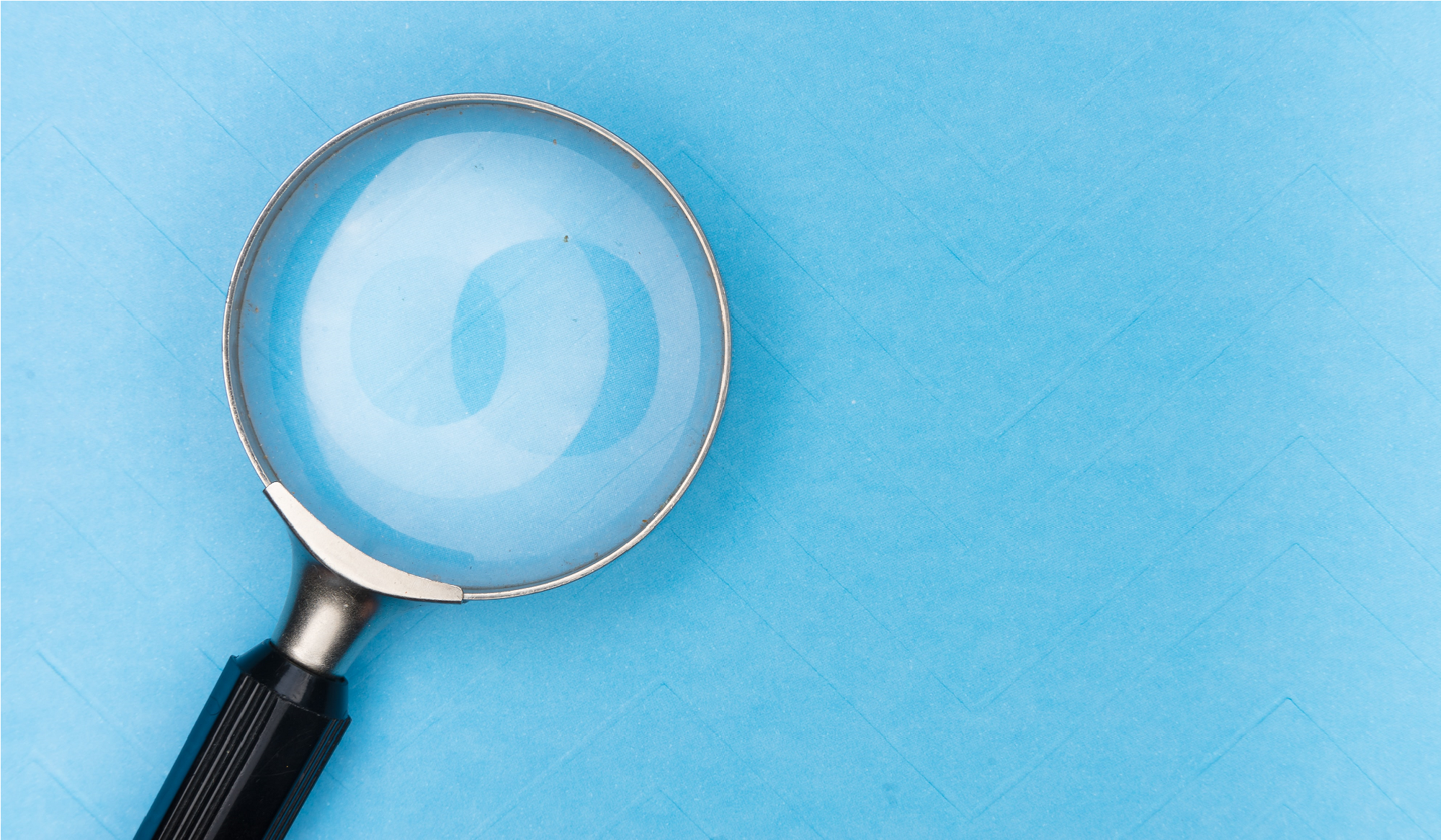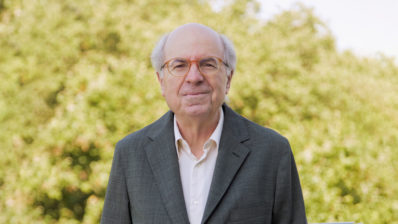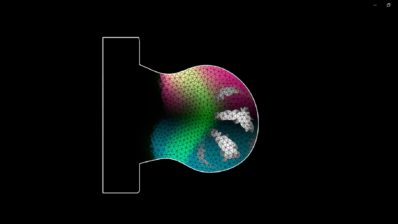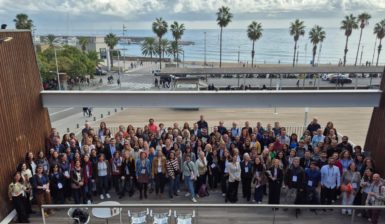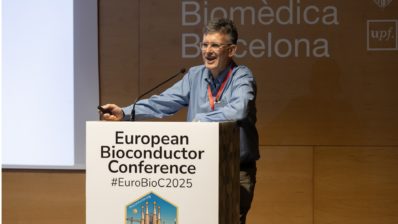Next Thursday 23 February, the PRBB Auditorium will host a workshop on Open Science and Research Assessment. The event will take place from 9 to 1pm, and it aims to discuss recent trends in the research assessment system and the role of open science. It will consist on two keynote speakers on the European context, followed by a round table with national and local funders (see agenda below).
The workshop is free and open to all, but we kindly ask you to register using this form. More than 150 people have registered so far.
This event has been organized by the Barcelona Institute for Global Health (ISGlobal) in the context of the projects REDES and Severo Ochoa, with the collaboration of the Group of Good Scientific Practice at the Barcelona Biomedical Research Park (PRBB) and the Department of Medicine and Life Sciences (MELIS-UPF), also in the context of its Maria de Maetzu programme.
On research assessment and why it needs reforming
Research assessment refers to the way research projects, individual researchers and institutions are assessed, in particular when deciding what or who will get funding or who will be hired or promoted. The traditional assessment is heavily based on the list of scientific publications of high impact factor a researcher has authored. But this ‘publish or perish’ culture and its detrimental effects has been much discussed for years.
On the one hand, it seems clear that the perceived need for this long list of high impact papers generates a lot of pressure that may lead to questionable research practices. Authorship disputes – for who gets to be an author, and preferently in a relevant position, such as first or last – are the most pervasive conflicts in labs all over the world. Pressure to publish may also lead to a higher risk of cutting corners, not publishing negative results, or other questionable research practices.
With limited resources, producing as many articles as possible can lead to overworked researchers and burnout, or to competition among colleagues, with lack of sharing (of data or methods) as a consequence. Thus, although Open Science is what most of the scientific community, including funders, consider the most logical and efficient way of advancing science, in practical terms there are still many barriers.
Another issue is that the output of research are not only papers. There are varied contributions to science and society that are not in the form of a publication: from the creation or collection of data to be used by others in the future, to citizen science and outreach actitivies.
And what about the services many researchers do beyond their research? Mentoring and supervising, teaching, being part of committees, communicating to the public,…. These are all tasks that take a lot of time and effort, are essential for the community, and yet are not usually valued when it comes to assessing a researcher. This is spetially unfair in the case of minorities, that are unproportionally tasked with some of these activities.
Time for change
An European movement has recently emerged to start looking for a practical solution to this long-term discussion. Representatives from the European University Association (EUA), Science Europe and the European Commission have joined forces with 350 organizations all over the continent to come up with an “Agreement on Reforming Research Assessment” – a document that ‘sets a shared direction for changes in assessment practices … recognising diverse outputs, practices and activities … with the overarching goal to maximise the quality and impact of research‘. ISglobal was one of the earlier signatories.
The Coalition for Advancing Research Assessment (COARA), formed by these organisations behind the Agreeement, aims to be a collaborative space to ‘advance together towards a higher quality, more impactful and more efficient and inclusive research system‘. In the words of Mariya Gabriel, Commissioner for Innovation, Research, Culture, Education and Youth:
I believe in a research culture that recognises a diversity of contributions to science and society; that celebrates high quality and impactful research; and that values sharing, collaboration, integrity and engagement with society, transmitting knowledge from generation to generation.
For that, the group is going to develop new assessment criteria, methods and tools, as well as share reflections, good practices and mutual learning.
The PRBB workshop
In the last years, the Group of Good Scientific Practice at the PRBB, formed by members from all centres, has been following and participating in this debate regarding research assessment.
Now, thanks to ISGlobal, MELIS-UPF and the rest of the group, this event will bring the discussion home. Two main speakers, from the EC and from Utrecht University (which started to apply an alternative assessment system a couple of years ago), will give an European vision of the topic. To make the conversation more meaningful and of interest to PRBB residents, as well as the local scientific community in Catalonia, this will be followed by a round table with Spanish and Catalan funders, who will explain their own practices and how they affect local research.
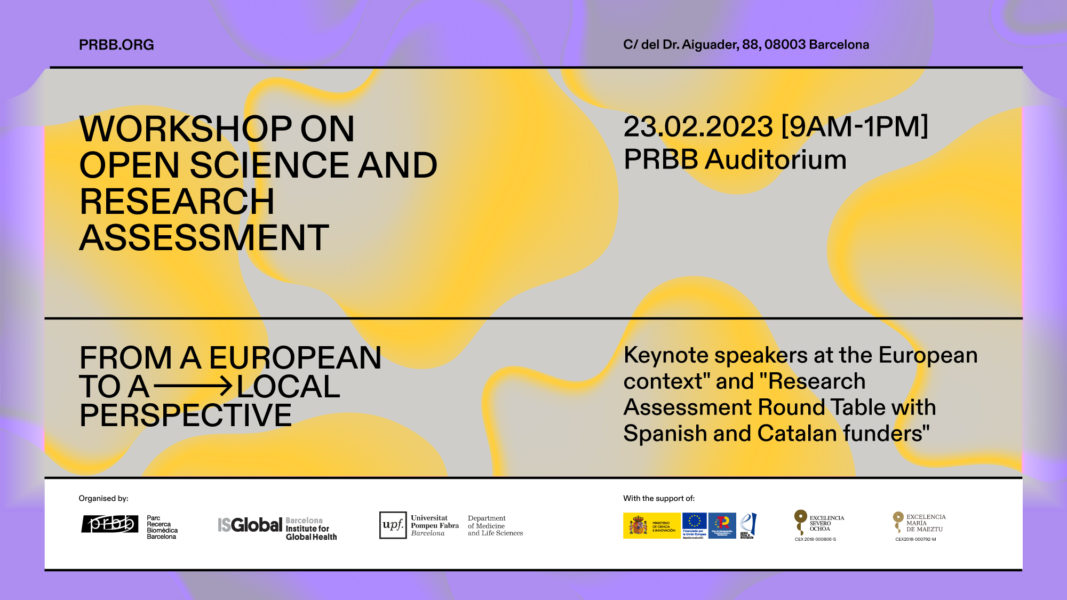
The agenda is as follows:
9:05 – 10:05 Mr Javier Lopez Albacete. EC Policy Officer for Open Science.
10:05 – 11:05 Prof Paul Boselie. Head of Department at the Utrecht University (UU) School of Governance and Chair UU Recognition & Rewards, Open Science
11:05 – 11:30 Coffee break
11:30 – 13:00 Research Assessment Round Table with Spanish and Catalan funders, moderated by Michela Bertero (Director of Strategy at IDIBAPS). Panelists:
- Ignasi López, director of the department of research and Innovation from la Caixa Foundation
- Gonzalo Arévalo, director general of planning, monitoring and evaluation at the Spanish Ministry of Science and Innovation
- Lluis Rovira, director of CERCA
- Emilià Pola, executive director of ICREA
- Victòria Miquel, director of the research and evaluation area at AGAUR
Open Research Europe
Within the context of Open Science, the Group of Good Scientific Practice at the PRBB also invites the community to an event the day before, on January 22nd of February, from 4 to 5pm at Charles Darwin seminar room.
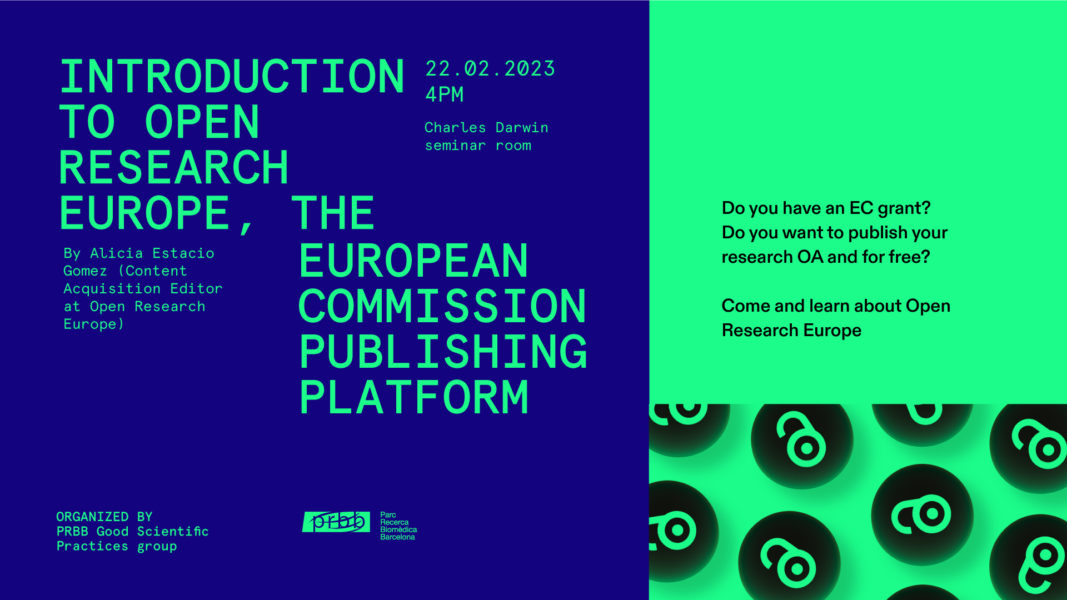
In this talk, Alicia Estacio Gómez, Content Acquisition Editor at Open Research Europe, will present this platform, set up by the European Commission to allow beneficiaries of Horizon 2020 and Horizon Europe to publish their research at no cost. She will be answering any questions from potential users. No registration is needed.
We hope to see you at these two events to learn more about Open Science and how it is advancing in Europe, and join the conversation about how to make research assessment fairer and more meaningful, to “maximise the quality and impact of research.”


